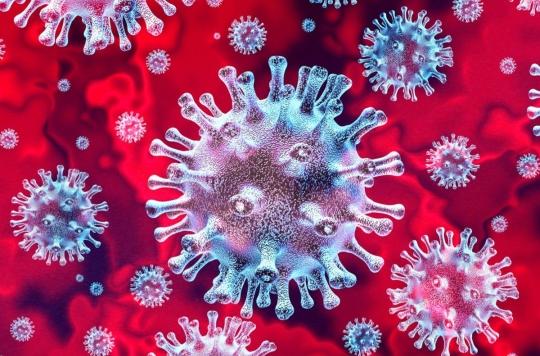Heparin is an anticoagulant whose molecules are extracted from algae. Researchers have found that it is a more effective antiviral against Covid-19 than the treatment currently used.

Three variants of heparin were tested in this research conducted on mammalian cells, as well as two fucoidans. All of these materials were extracted from seaweed. The authors of this study are scientists from the Center for Biotechnology and Interdisciplinary Studies at Rensselear Polytechnic Institute (USA). They published their results in the scientific journal Cell Discovery.
Superior efficacy to remdesivir
The team performed a test called EC50 to determine the effectiveness of these molecules. The lower the result obtained, the more effective the product. Remdesivir, used to treat Ebola patients, is today one of the main therapeutic leads against Covid-19. It obtained a score of 770 nanomolar in the EC50 test. RPI-27, one of the molecules derived from algae, gave a value of around 83 nanomolar, heparin showed even greater efficacy with a score of 2.1. No toxicity was observed for these products.
A future nasal spray?
These molecules could make it possible to create new treatments against Covid-19, with different modes of administration. “Current research indicates that Covid-19 infection begins in the nose, and all of these substances could be a basis for creating a nasal spray, explains Jonathan Dordick, professor of chemical and biological engineering and lead author of the study. If we could just treat the infection in its early stages, or even treat before you get it, we might have a way to block it before it enters the body..”
A complex mechanism
SARS-CoV-2 has a protein that latches onto human molecules, then, it then inserts its genetic material inside. This then allows it to replicate in the body. The heparin-based drug tricks the virus: it attracts it and blocks it. “It is a very complicated mechanism, of which we do not know all the details, underlines the researcher, but we obtain more and more information.” Around the world, dozens and dozens of researchers are working on treatment trials to fight the virus. More than 16 million people have contracted it on the planet.

.
















